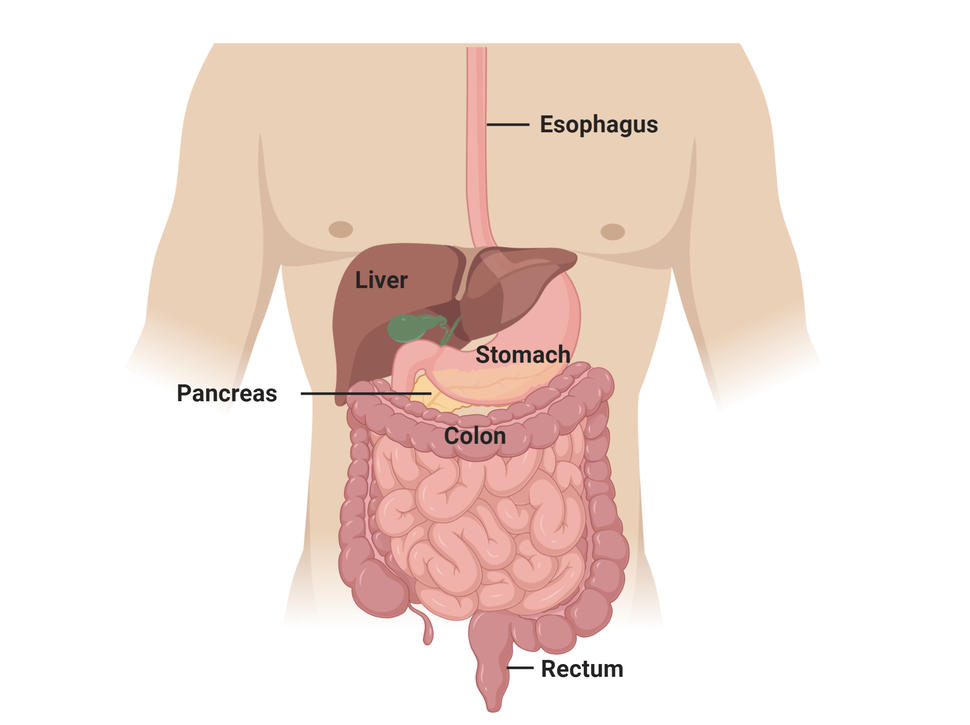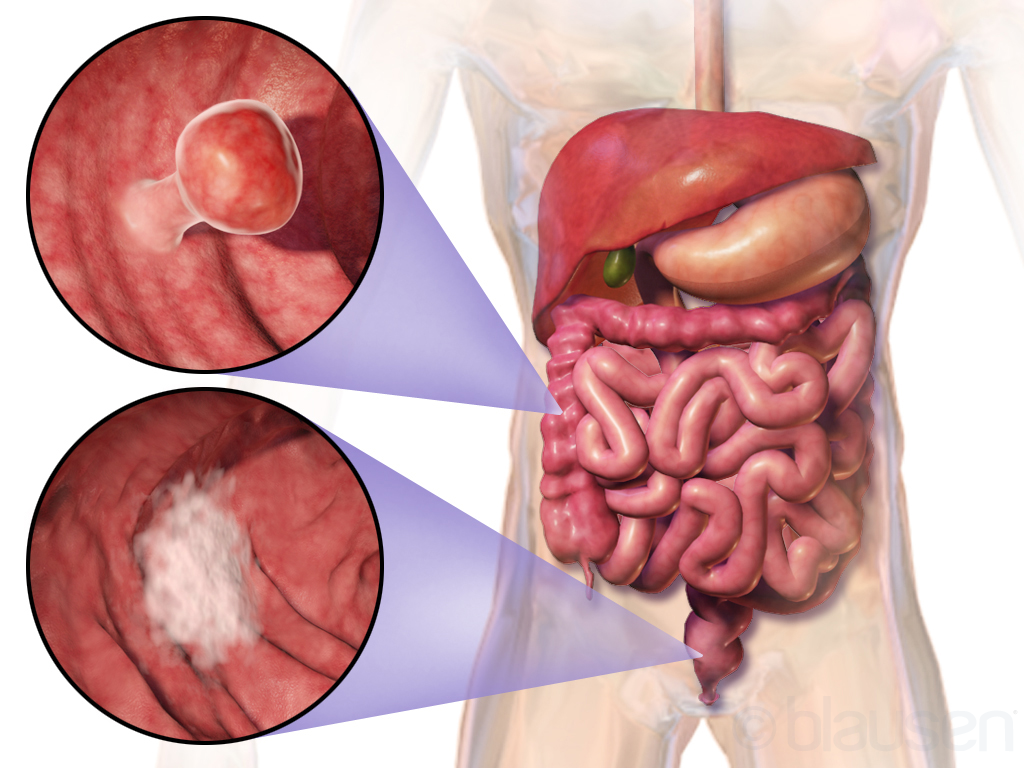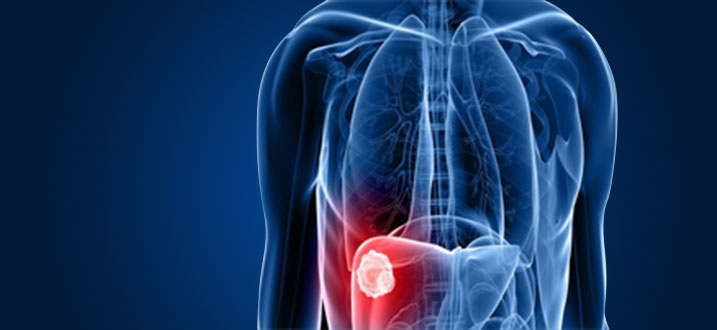Overview of gastrointestinal cancer
Gastrointestinal (GI) cancer includes all cancers in your digestive tract organs such as the stomach, large and small intestine, pancreas, colon, liver, rectum, anus, and biliary system.
If you're experiencing troublesome GI symptoms or want to understand more about this disease our team of experts are here to assist. Dignity Health will support you throughout all stages of gastrointestinal cancer.
Symptoms
In the beginning phases of GI cancer, you could not be exhibiting any symptoms. It is almost impossible to be able to feel GI cancers when they begin to grow.
As a result, GI cancers are typically detected through screenings, before any symptoms occur. Sometimes, they are diagnosed once they've advanced to the point that they are creating symptoms at a more severe level.
When GI cancer is extensive enough to cause symptoms, they may include:
- Abdominal cramping or pain
- Bloody or very dark stool
- Changes in bowel habits, such as diarrhea, constipation, or changes in consistency or narrowing of the stool
- Difficulty swallowing
- Digestive problems
- Jaundice (yellowing of the eyes and skin)
- Nausea and vomiting
- Swelling in the abdomen
- Tiredness, weakness, weight loss, or loss of appetite


